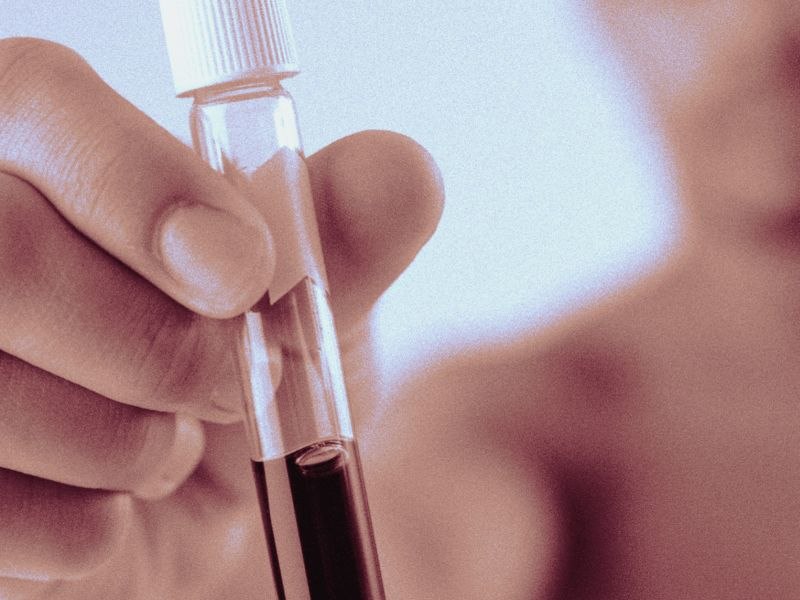TUESDAY, May 22, 2018 (HealthDay News) — Fewer men are being screened for, diagnosed with, and treated for prostate cancer, according to a study published online May 21 in Cancer.
James T. Kearns, M.D., from the University of Washington School of Medicine in Seattle, and colleagues used MarketScan claims of privately insured patients to identify six million men aged 40 to 64 years (2008 to 2014) to assess trends in prostate-specific antigen (PSA) testing, prostate biopsy, prostate cancer diagnosis, and definitive local treatment.
The researchers found that PSA testing, prostate biopsy, and prostate cancer detection declined significantly between 2009 and 2014, particularly after 2011. There was a decrease in the prostate biopsy rate per 100 patients with a PSA test from 1.95 to 1.52, but an increase in prostate cancer incidence per prostate biopsy from 0.36 to 0.39. The proportion of new prostate cancer diagnoses managed with definitive local treatment decreased from 69 to 54 percent.
“In a large cohort of privately insured men, PSA testing, prostate biopsy, prostate cancer incidence, and local definitive treatment for prostate cancer decreased between 2008 and 2014, most notably after 2011,” the authors write. “This decrease may be driven by differential referral patterns from primary care providers to urologists.”
Abstract/Full Text (subscription or payment may be required)
Editorial (subscription or payment may be required)
Copyright © 2018 HealthDay. All rights reserved.



